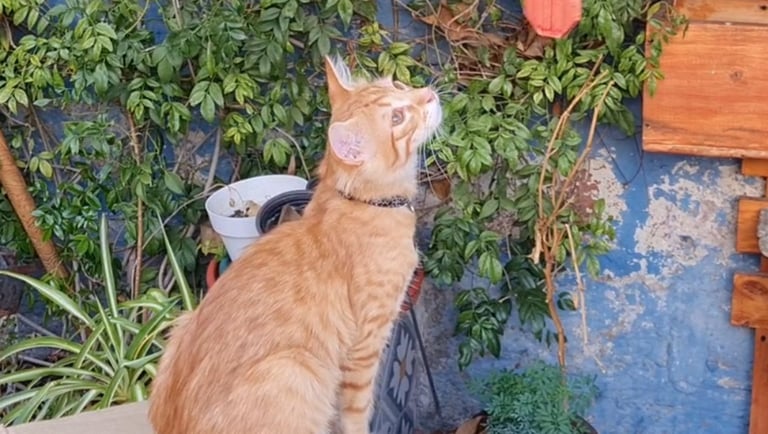The positive impact of pets on the emotional development of children
Having a pet can be an enriching experience for children, giving them the opportunity to develop important emotional and social skills that will accompany them throughout their lives.
KIDS UP
1/19/20242 min read


Pets occupy an important place in the emotional development of our children. There is significant evidence showing that responsible pet ownership can model prosocial behaviors in children, such as responsibility, caring, and empathy. Furthermore, having a pet at home allows children to experience and understand processes such as grief at a young age.
Responsibility as a fundamental value
Owning a pet requires certain responsibilities, such as feeding it, caring for it, walking it, and providing adequate medical care. These responsibilities can teach children the value of responsibility and commitment. By assigning tasks related to the pet, children learn to fulfill their duties and be responsible for another living being.
Additionally, the responsibility of caring for a pet also involves making important decisions, such as providing them with proper nutrition, ensuring they get enough exercise, and maintaining their overall well-being. These decisions help children develop decision-making skills and consider the needs of other living things.
Care and empathy towards animals
Caring for a pet also fosters empathy in children. By interacting with their pet, children learn to recognize and respond to the needs and emotions of another living being. They learn to be sensitive to their pet's signals and adapt to their individual needs.
Additionally, caring for a pet can also help children develop non-verbal communication skills. They learn to read their pet's body language and respond appropriately. This ability to read and respond to non-verbal cues can also be transferred to interactions with other human beings, thus improving children's social skills.
The importance of living and understanding grief
Owning a pet also gives children the opportunity to experience and understand the grieving process at a young age. When a pet passes away, children experience a significant loss and may experience emotions such as sadness and grief. However, this experience allows them to learn about life and death, and how to deal with the emotions associated with grief.
The grieving process can also help children develop coping skills and resilience. They learn to adapt to difficult situations and find healthy ways to deal with their emotions. This early experience with grief can be beneficial for their long-term emotional development.
Pets play an important role in children's emotional development. Responsible pet ownership can model prosocial behaviors such as responsibility, caring, and empathy. In addition, it gives children the opportunity to experience and understand the grieving process at a young age, which allows them to develop coping skills and resilience.
It is important to highlight that owning a pet entails great responsibility and is not suitable for all families. Before deciding to get a pet, it is important to consider factors such as the time, space and resources needed to provide it with a suitable home and a healthy life.
If the right conditions are met, having a pet can be an enriching experience for children, giving them the opportunity to develop important emotional and social skills that will accompany them throughout their lives.
